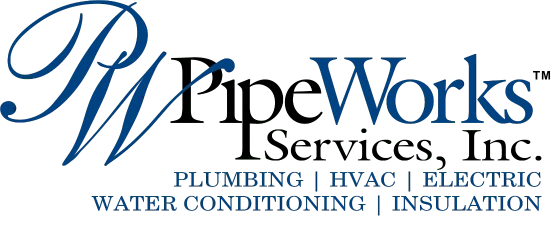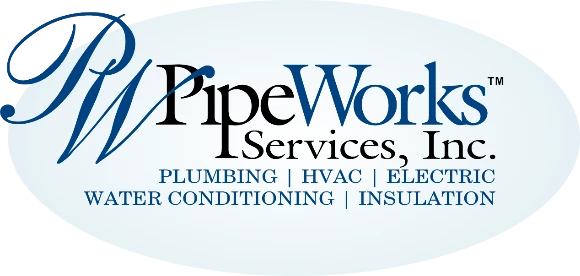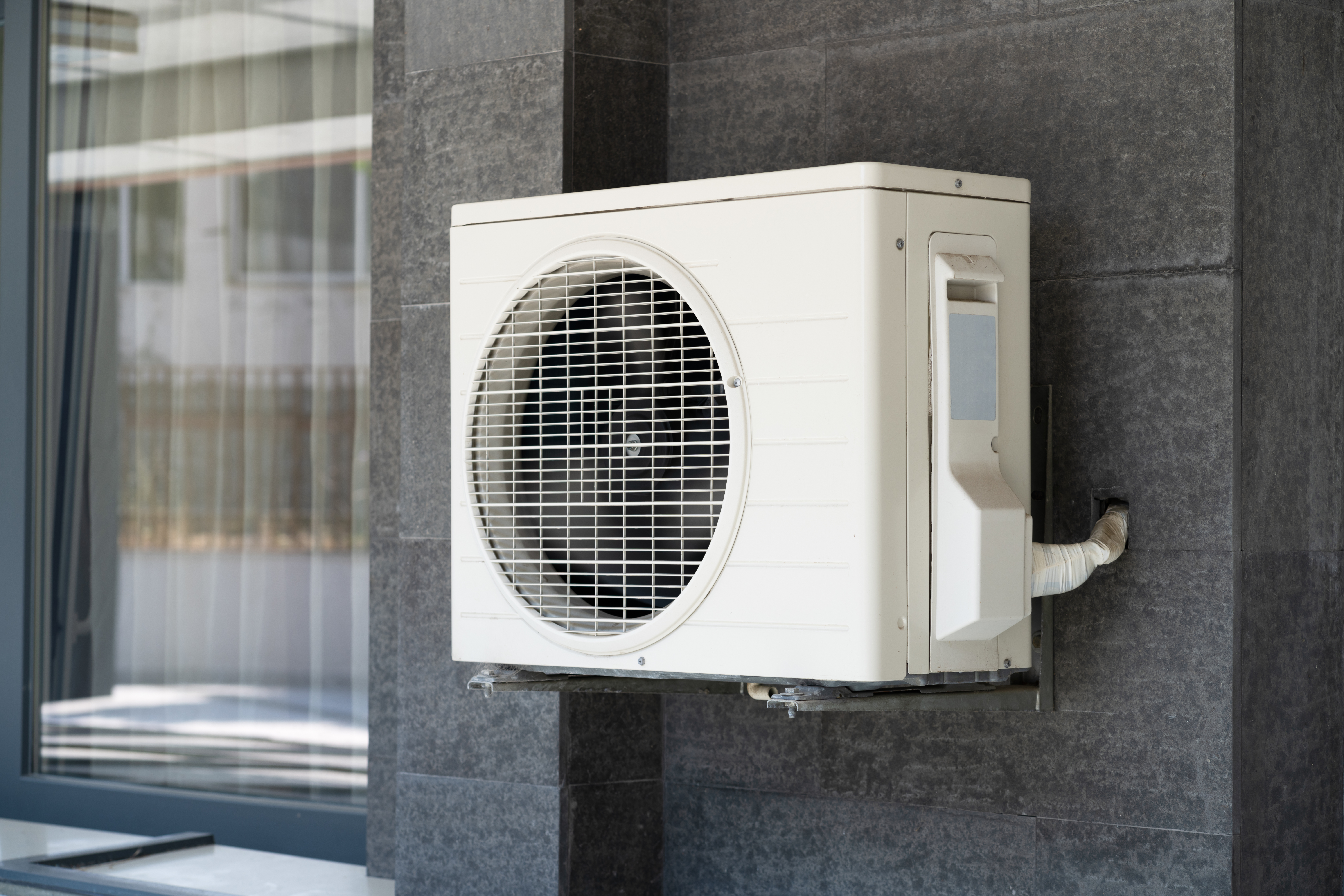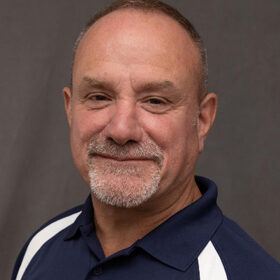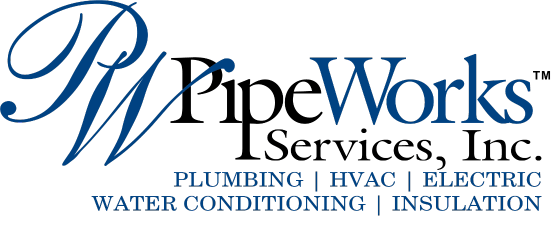Heat pumps are a great investment since they are the most energy-efficient heating option and also provide air conditioning to keep you cool in summer. The only real disadvantage or drawback to heat pumps is that they don’t always last as long as standalone heating or cooling units.
The reason for this is obviously that heat pumps run for many extra hours each year since they cool and heat, which means they get lots of additional wear. Heat pumps can potentially last for 15 years or more, but many units will only have a lifespan of 10 to 12 years. In this article, we’ll look at the various factors that can affect the lifespan of a heat pump and what you can do to make sure that you get the most out of your unit.
Brand or Manufacturer
As with any type of equipment, the lifespan of a heat pump can vary quite a bit depending on its brand. It’s a simple fact that some HVAC manufacturers produce higher quality, more durable units that last longer. Lennox is one of the best, most trusted brands in the HVAC industry and has a reputation for producing extremely high-quality, energy-efficient heat pumps that last. Mitsubishi is also a great choice if you’re looking to install a ductless mini-split heat pump instead of a central unit.
Heat pumps from reputable brands typically cost a bit more. Nonetheless, they are almost always worth the extra cost since they will perform better, work more efficiently and may last longer.
Climate and Temperature
Where you live can be another major factor in how long a heat pump lasts. The lifespan of a heat pump will almost always be at least slightly longer in areas with milder summer and winter weather. In places that frequently experience extreme seasonal temperatures, heat pumps will usually have a shorter life expectancy. This is because extreme heat or cold forces a heat pump to work harder and puts more strain on it.
Heat pumps also typically have a shorter lifespan in more coastal climates. The air in coastal areas contains quite a bit of salt, and this salt air causes metals to corrode more quickly. Over time, this corrosion will slowly damage various components in a heat pump and can lead to a reduced lifespan. While this effect is most significant right near the coast, studies have shown that salty sea air can travel 50 miles or more inland and lead to greater rates of corrosion.
Heat Pump Type
The type of heat pump you have can also play a major role in its lifespan. Ductless mini-split heat pumps almost always have a longer lifespan than central heat pumps and will usually last for around 20 years. The main reason for this is that ducted central HVAC systems often have at least some air leaks, which makes them less effective and increases how long the heat pump needs to run. Similarly, air ducts also contribute to heat loss or heat gain, which also stresses the system.
If you have a central heat pump, its type also affects how long it lasts. Single-stage heat pumps, which only have one power setting, usually have a shorter lifespan than two-stage or variable-speed units. A single-stage heat pump can only run at full capacity when heating and cooling. However, two-stage heat pumps can operate at 65% of their total capacity and will usually do so about 80% of the time. This helps them last longer since they are under less strain when not constantly running at full power.
Another issue with single-stage heat pumps is that they cycle on and off more frequently since they can only run at full power. Heat pumps are always under the most strain when starting up. This means that the more often a unit cycles on and off, the more wear it will experience and the shorter its lifespan will be. Two-stage heat pumps will still cycle on and off, just not as often since each heating or cooling cycle lasts quite a bit longer whenever they are running at a lower capacity. A two-stage heat pump always starts out running on the lower setting, which puts less strain on the unit when it starts.
Variable-speed heat pumps can sometimes have an even longer lifespan than two-stage units. Instead of only having two settings, a variable-speed unit has a large range of settings and can operate as low as 25% of its total capacity. The unit will continually speed up or slow down and adjust how much heating or cooling it produces as needed to keep the home at exactly the right temperature.
A variable-speed heat pump will typically run 24 hours a day. The only time it will shut off is when the outdoor temperature is warm or cool enough that the home stays at the desired temperature without the heating or AC needing to run. This means that there isn’t the same strain on the unit since it won’t cycle on and off. The strain and wear are also greatly reduced any time the unit isn’t running at full power.
Maintenance and Repairs
Probably the single biggest factor that will determine how long a heat pump lasts is whether you keep it properly maintained and get any necessary repairs performed promptly. Heat pumps require quite a bit of maintenance since they get so much yearly use. If you don’t have a technician service and inspect your heat pump twice a year, its lifespan will almost always be quite a bit shorter than if it is properly maintained.
Maintenance is essential for keeping a heat pump working effectively and efficiently. If a heat pump isn’t cooling and heating effectively, it will be under more strain when it runs. It will also take it longer to cool or heat your home each time it cycles on, and this increased run time will contribute to it having a shorter lifespan. These issues are why you need to have your heat pump inspected and repaired or serviced any time you notice that it isn’t working as effectively or is suddenly running for longer than normal.
With more than 20 years of experience serving customers in Chatham and the surrounding areas, Pipe Works Services is the place to turn to for all of your heat pump needs. We specialize in heat pump maintenance and repairs, and we work on every make and model. As a Lennox Premier Dealer, we can also help if you need a new central heat pump installed.
If you’re looking to install a ductless mini-split or heat pump instead, we also carry a wide range of high-quality Mitsubishi units. We work with both residential and commercial customers, and we can take care of any of your plumbing, electrical, insulation and indoor air quality needs as well. Give Pipe Works Services a call today if you need any home services or if you have any questions.
